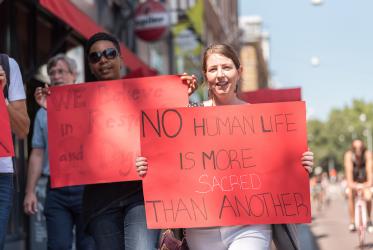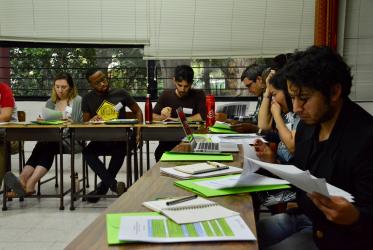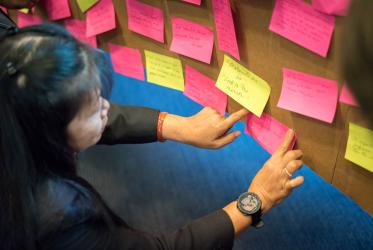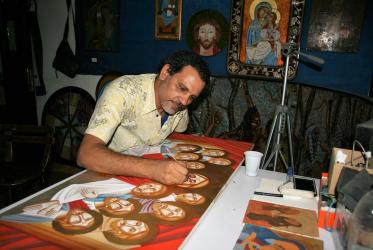Displaying 1 - 20 of 39
Öffentliche Angelegenheiten im Fokus des ÖRK-Exekutivausschusses
07 November 2018
WCC executive committee tackles public issues
07 November 2018
WCC supports UN petition from French Polynesia
07 November 2018
ÖRK richtet Grußworte an neue Führung des ACT-Bündnisses
31 October 2018
WCC greets new leadership of ACT Alliance
31 October 2018
What difference does dressing in black make?
02 August 2018
Working toward an AIDS-free generation
26 July 2018
WCC mourns passing of Calle Almedal
11 June 2018
Voices from Colombia: “What if we have no land to till?”
15 February 2018













